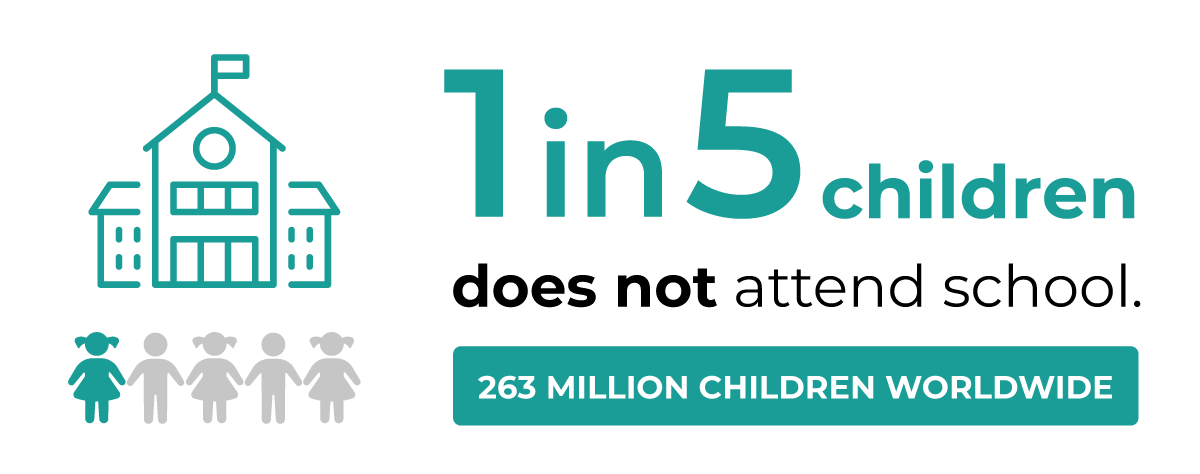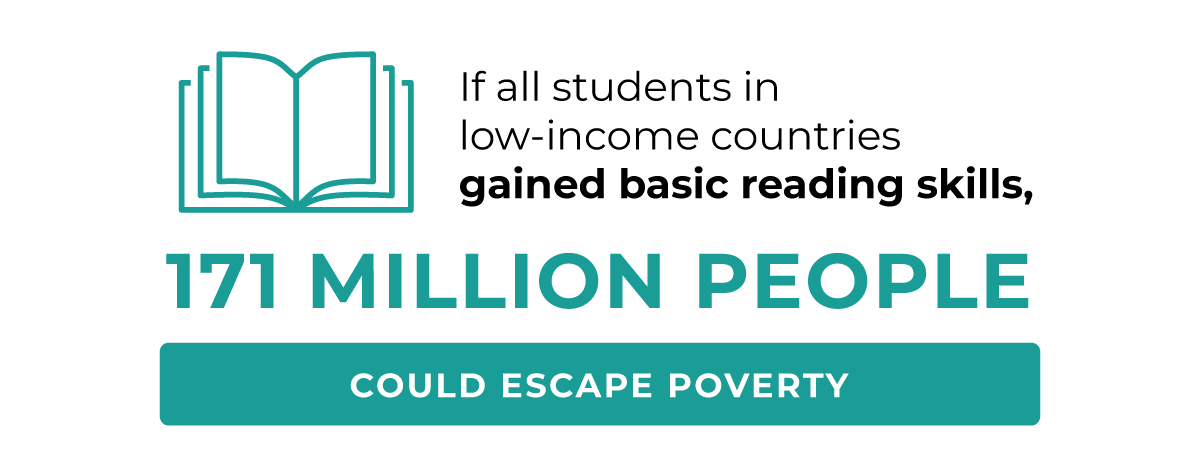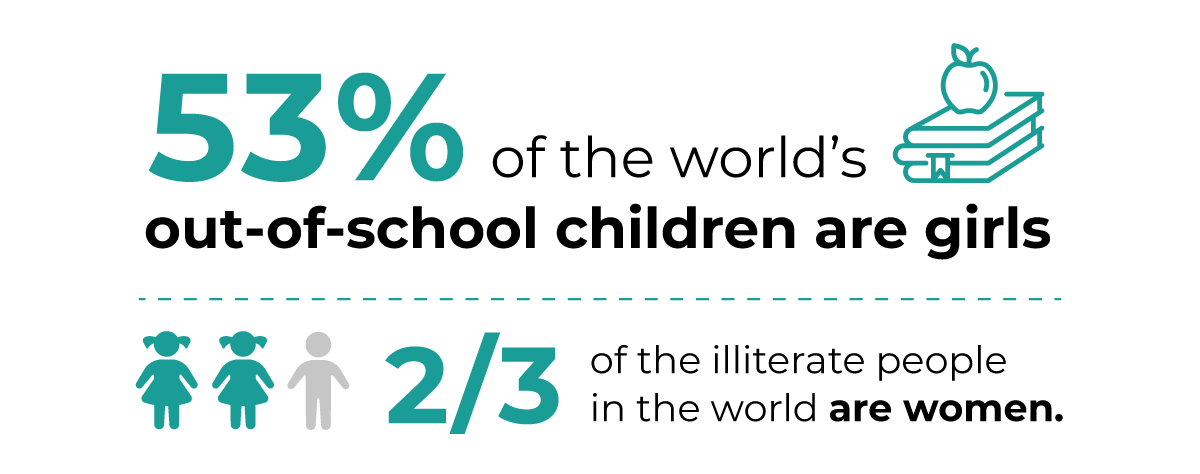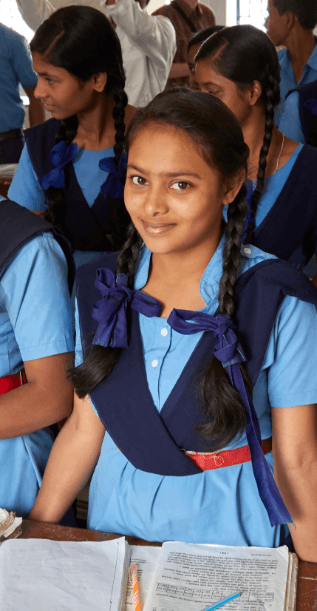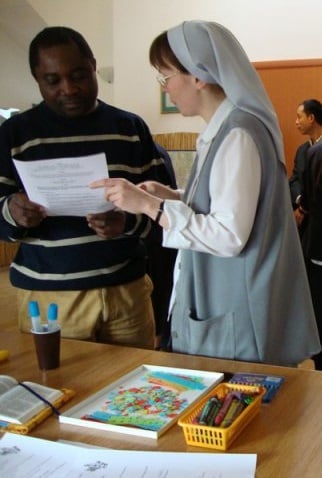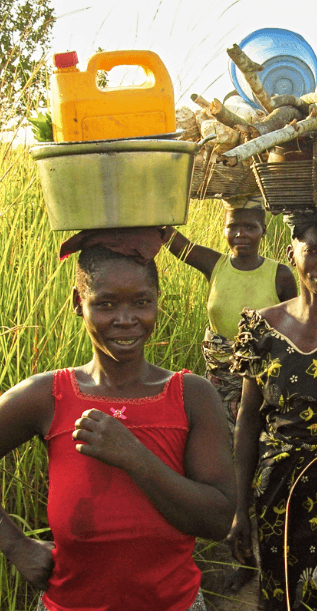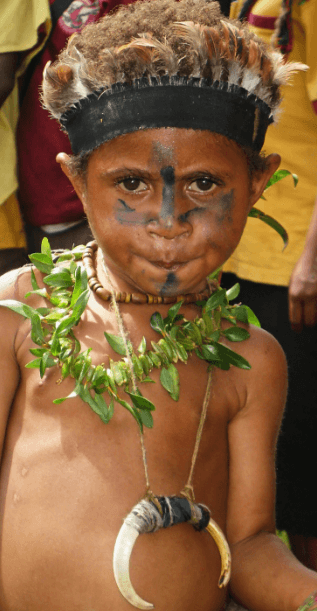The past century has seen great strides in the global effort to improve access to education. However, far too many people remain uneducated or illiterate. In response, many Catholic religious orders have explored the correlation between poverty and education and tasked themselves with eradicating poverty by impacting education in developing countries.
The Link Between Poverty and Education
Extreme poverty remains one of the most obstinate barriers to education. Children from the poorest households are almost five times more likely to be out of school than those from households with a higher income. Globally, two-thirds of the poorest children have never attended any school, have dropped out or are repeating primary grades multiple times.
The correlation between poverty and education can manifest itself through a lack of trained teachers, inadequate learning materials, makeshift classrooms and poor school sanitation. Some students come to school too hungry, too sick or too exhausted from work or household chores to benefit from their lessons. Additionally, children from rural areas are more than twice as likely to be out of school than their urban peers. Often this is because they must travel great distances to attend class. All of these things make learning difficult for children living in poverty.
Without access to education, children fail to develop skills for lifelong learning. This in turn creates lasting barriers to earning potential and employment later in life and thereby perpetuates the cycle of poverty. Additionally, these children are more likely to suffer illness, which threatens their ability to build a better future for themselves and their communities.



